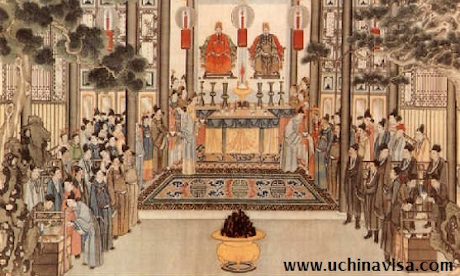Last month China’s, State Council released a draft of the new ‘Regulations on Religious Affairs.’
It is a revision of the 2005 law of the same name.
When the two laws are placed side by side, the consistent trends, and the new directions to China’s religious policy quickly emerge: greater control and regulation.
Religious scholars in Hong Kong and Taiwan say the amendments will tighten state control on both legal and illegal faith groups according to a report on GlobalPlus.
Compared to 2005, the 2016 law:
- increases scrutiny of imported religious materials, particularly of religious news websites,
- makes new mention of religious schools, which are to be regulated in the same manner as other religious institutions.
- There is also fresh attention to financial matters, including banning registered religious groups engaging in certain types of investment and commercial activity.
- Religious charities and non-profit organisations — already subject to a new set of regulations earlier this year — were also mentioned for the first time in the 2016 law.
Ucanews.com reports that Reverend Choy Siu-Kai, Assistant Professor of the Alliance Bible Seminary, said the amendments granted extra powers to monitor and administer religious groups.
“If any religious conflict occurs there is a greater chance of the rights of the religious people and their communities being infringed,” he said.
He added that will be more difficult to “enjoy religious freedom as guaranteed by the constitution.”
Professor Shih Chien-yu, Secretary General of the Central Asian Studies Association in Taiwan, was also concerned. “It stresses localization, legalization and sinicization,” Shih told ucanews.com.
“Simply speaking, the religious policy in China is now to prevent or cut off direct intervention from foreign religious forces and to try and keep religious policy concrete and aligned with the law,” he added.
Source
Additional readingNews category: World.




